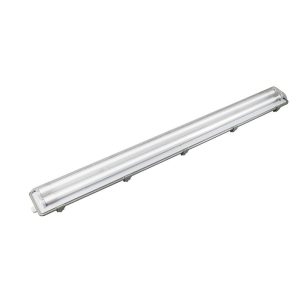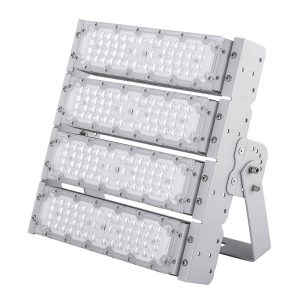Plants good for home are not just decorative elements; they bring a touch of nature indoors, purify the air, and can even boost our mood and well-being. With the increasing popularity of indoor gardening, knowing which plants are best suited for home environments has become a crucial aspect of creating a healthy and aesthetically pleasing living space. This article explores the various types of plants that are ideal for indoor cultivation, their benefits, and tips for successful care.
Types of Plants Suitable for Indoor Environments
Indoor plants come in a wide variety, each with its unique characteristics and care requirements. Here are some popular types of plants that are well-suited for home environments:
1. Ferns
Ferns are popular for their lush green foliage and ability to thrive in low light conditions. They are excellent air purifiers and can help reduce indoor pollutants. Popular indoor ferns include the Boston Fern and the Nephrolepis exaltata.
2. Snake Plant (Sansevieria)
Snake plants are known for their ability to survive in low light and tolerate neglect. They are not only visually appealing with their upright, sword-like leaves but also act as natural air purifiers, absorbing toxins from the air.
3. Spider Plant (Chlorophytum comosum)
Spider plants are hardy and easy to care for, making them great for beginners. They can thrive in a variety of light conditions and have a unique ability to produce baby plants, or “spiderettes,” which can be easily propagated.
4. Peace Lily (Spathiphyllum)
Peace lilies are popular for their white, spathiphyllum flowers and glossy green leaves. They are effective at purifying the air and are known to trigger the release of oxygen at night.
5. Pothos (Epipremnum aureum)
Pothos is a versatile plant that can climb or trail, making it ideal for hanging baskets or shelves. It is adaptable to various light conditions and is known for its ability to filter out harmful toxins from the air.
Benefits of Indoor Plants
The presence of plants in the home offers numerous benefits, including:
1. Air Purification
Plants can absorb harmful pollutants from the air, such as benzene, formaldehyde, and trichloroethylene, improving the overall air quality.
2. Mental Health Benefits
Indoor plants have been shown to reduce stress, anxiety, and depression. They can also improve concentration and productivity.
3. Humidity Regulation
Certain plants, like the Boston Fern, can increase humidity in dry indoor environments, which can be beneficial for skin and respiratory health.
4. Aesthetic Appeal
Plants add color, texture, and a natural element to any room, enhancing the overall aesthetic appeal of the space.
Care Tips for Indoor Plants
To ensure the success of your indoor garden, it is essential to follow these care tips:
1. Light Requirements
Understand the light needs of your plants. Some require bright, direct sunlight, while others can thrive in low light conditions.
2. Watering Schedule
Overwatering is a common issue with indoor plants. Water your plants according to their specific needs, typically once a week or as needed.
3. Humidity Levels
Some plants prefer higher humidity, while others can tolerate drier conditions. Use a humidifier or place plants on pebble trays to increase humidity if necessary.
4. Soil and Fertilizer
Choose the right potting soil for your plants and fertilize them according to their requirements. Over-fertilizing can be harmful, so it’s best to follow the manufacturer’s instructions.
5. Pest Control
Keep an eye out for pests and treat them promptly. Neem oil and insecticidal soaps are effective and eco-friendly options for pest control.
Conclusion
Plants good for home are an invaluable addition to any living space. They not only contribute to a healthier environment but also offer numerous psychological benefits. By selecting the right plants and providing proper care, you can create a vibrant and thriving indoor garden that enhances your quality of life. So, go ahead and bring a touch of greenery into your home to enjoy the many benefits that indoor plants have to offer.













Explore More from Queendom Lamp
Stay updated with the latest LED technology, lighting solutions, and industry insights.
Request a Quote About Queendom